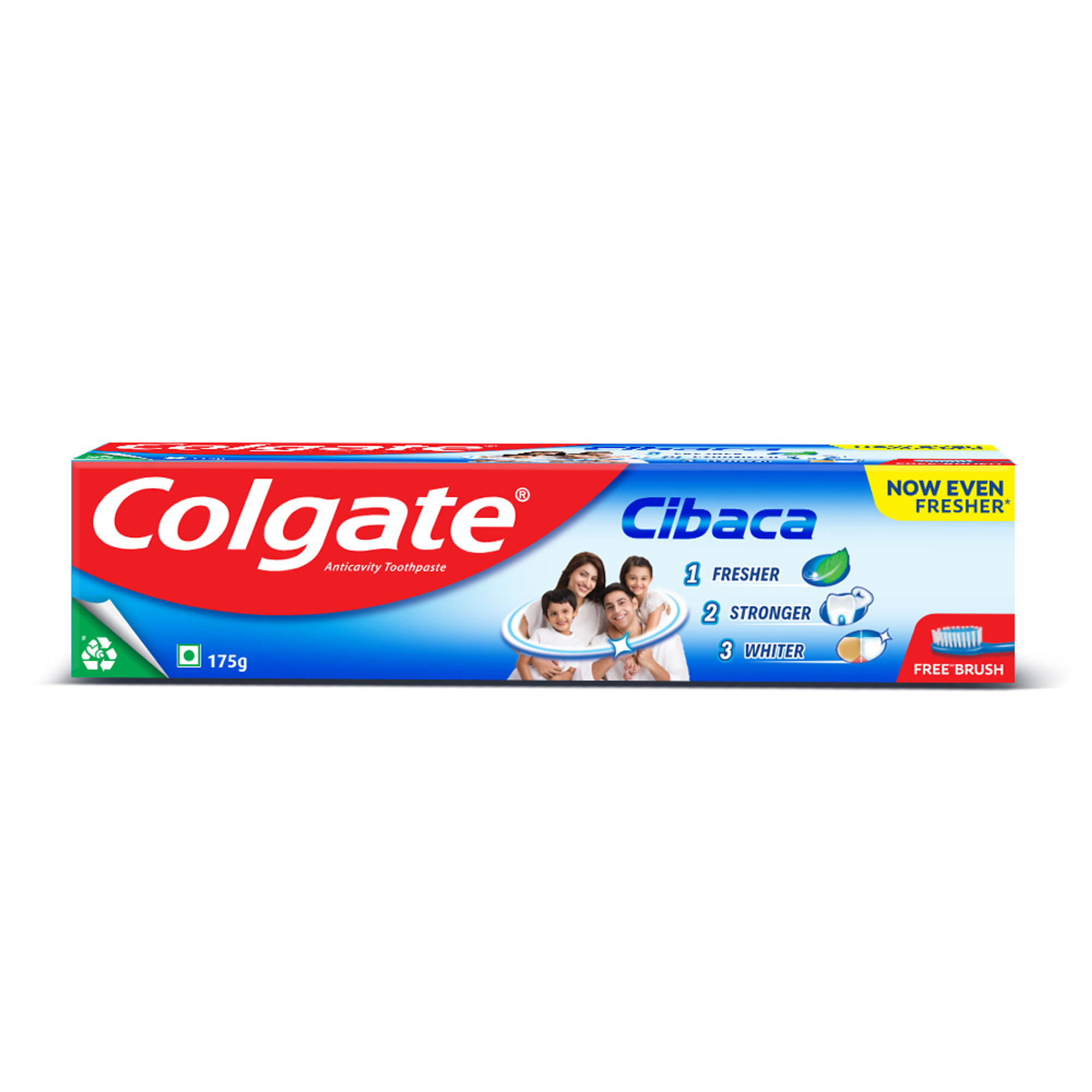The National Oral Health Programme (NOHP) was undertaken to improve oral health because oral health is the basic expectation of all Indians. Oral health is one of the most basic human needs. The NOHP assess needs, monitors outcomes, decreases disparities, improves access to care and ultimately improves oral health. The goal is to assure optimal oral health among Indian public through disease prevention and dental health promotion. Here are just a few examples of such programs that aim to improve the oral health of all Indians.
Dental Care for Students
Dental problems in kids can also affect a child's health and even his or her performance at school. In a study of 1,500 elementary to high school children from disadvantaged backgrounds in Los Angeles, California, 73 percent were found to have dental caries, says a study from the Herman Ostrow School of Dentistry at the University of Southern California. The study found a correlation between these dental issues, lower grades and increased missed school days.
According to the Indian Dental Association sealants offer an extra level of protection against cavities. Having sealants put on the teeth doesn’t hurt, and sealants can last between 5 and 10 years. Centers for Disease Control and Prevention (CDC) estimates that Dental Sealants can reduce tooth decay in children by more than 70 percent, and we can figure out its importance from the fact that several states in the USA have implemented school-based programs to provide sealants to children at risk for cavities. Such programs identify a target market within a school district to meet the needs of children who are less likely to receive private dental care.
Dental Care for Seniors
Cost keeps many people away from the dentist, especially older adults. The problem: Avoiding preventive dental care will only lead to more extensive and expensive procedures later on. Furthermore, the severity of gum disease increases with age. As per a report of the Indian Journal of Public Health the burden of
oral diseases among the elderly population is evident with a huge burden
of multiple oral diseases, which presents a public health challenge.
The Journal of Oral Research and Review notes that the status of oral health care in India has not yet received the due importance, thereby leaving many seniors without necessary dental insurance. However, different types of health schemes are running in the country to combat the social inequalities toward oral health. A report of the Indian Dental Association suggests that the government seeks to provide effective healthcare by fusing the National Rural and Urban Health Missions into National Health Mission and providing higher allocations. It is considered as the single-most largest programme in the world to improve primary healthcare delivery in India.
Dental Care for Expectant Mums
Dental care is especially important during pregnancy, but many women are unaware that oral health problems during this time can put both mother and baby at risk. A report in the Journal of Indian Association of Public Health Dentistry notes that according to various studies, nearly 35%–44% of women do not receive oral health care during pregnancy. Less than one-third (30%) of women visit dentist during pregnancy and even after the birth of the child. Among pregnant women who report having oral problems, only about half seek oral health care. Low level of dental awareness in different socioeconomic groups may arise due to the lack of dental programs addressed to people at different ages. The Pradhan Mantri Surakshit Matritva Abhiyan has been launched by the Ministry of Health & Family Welfare (MoHFW), Government of India. The program aims to provide assured, comprehensive and quality antenatal care, free of cost, universally to all pregnant women on the 9th of every month. PMSMA guarantees a minimum package of antenatal care services to women in their 2nd / 3rd trimesters of pregnancy at designated government health facilities which can be a great opportunity for pregnant women to have their dental health related queries answered too.
Preventive dental care, from using a quality toothbrush with extra soft bristles especially for sensitive gums to regular check-ups, is vital for maintaining a healthy mouth and overall well-being. Dental public health programs can improve the lives of those who otherwise wouldn't have access to dental care, while increasing awareness of quality oral care for all.
This article is intended to promote understanding of and knowledge about general oral health topics. It is not intended to be a substitute for professional advice, diagnosis or treatment. Always seek the advice of your dentist or other qualified healthcare provider with any questions you may have regarding a medical condition or treatment.
ORAL HEALTH QUIZ
What's behind your smile?
Take our Oral Health assessment to get the most from your oral care routine
ORAL HEALTH QUIZ
What's behind your smile?
Take our Oral Health assessment to get the most from your oral care routine













